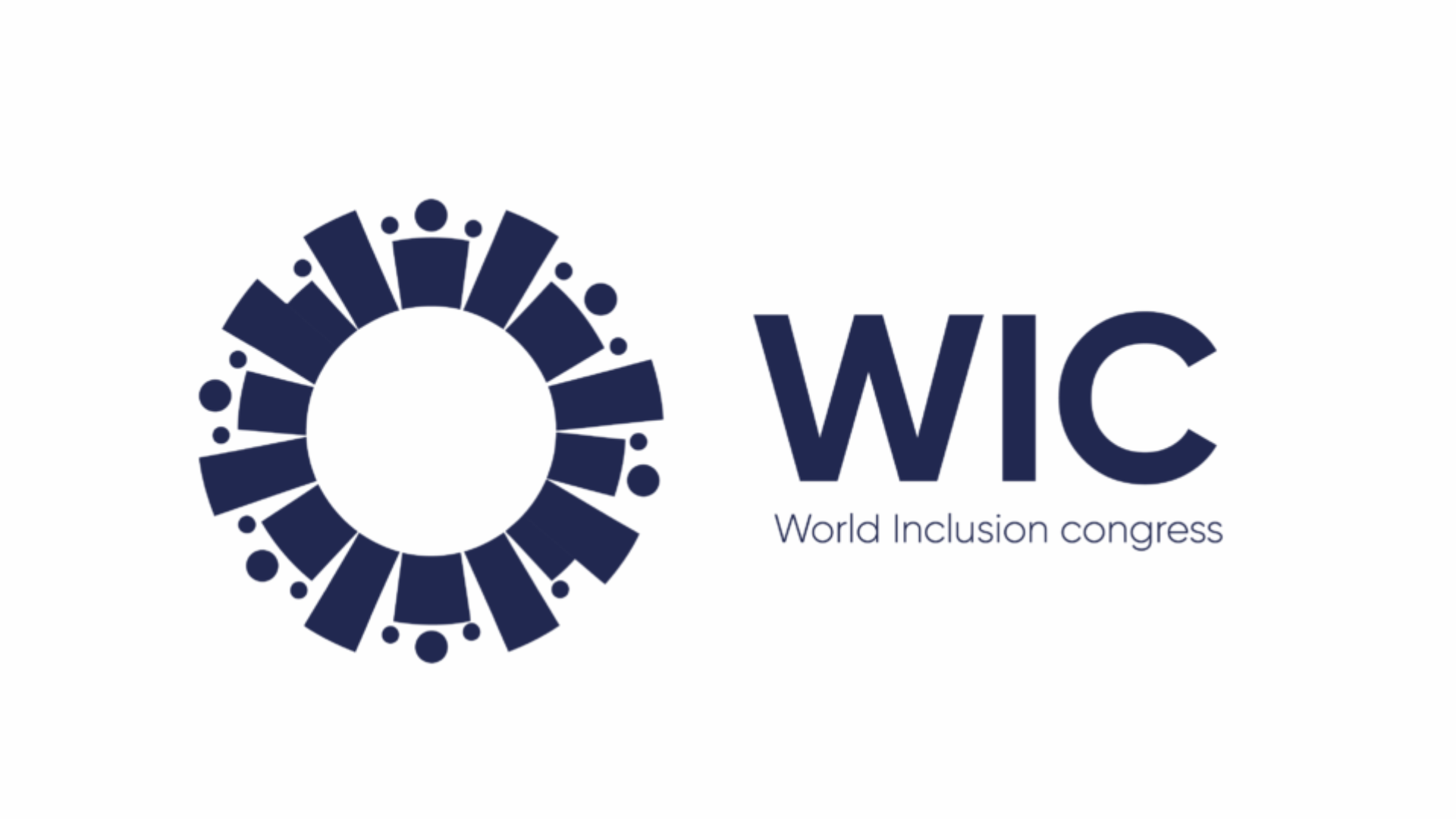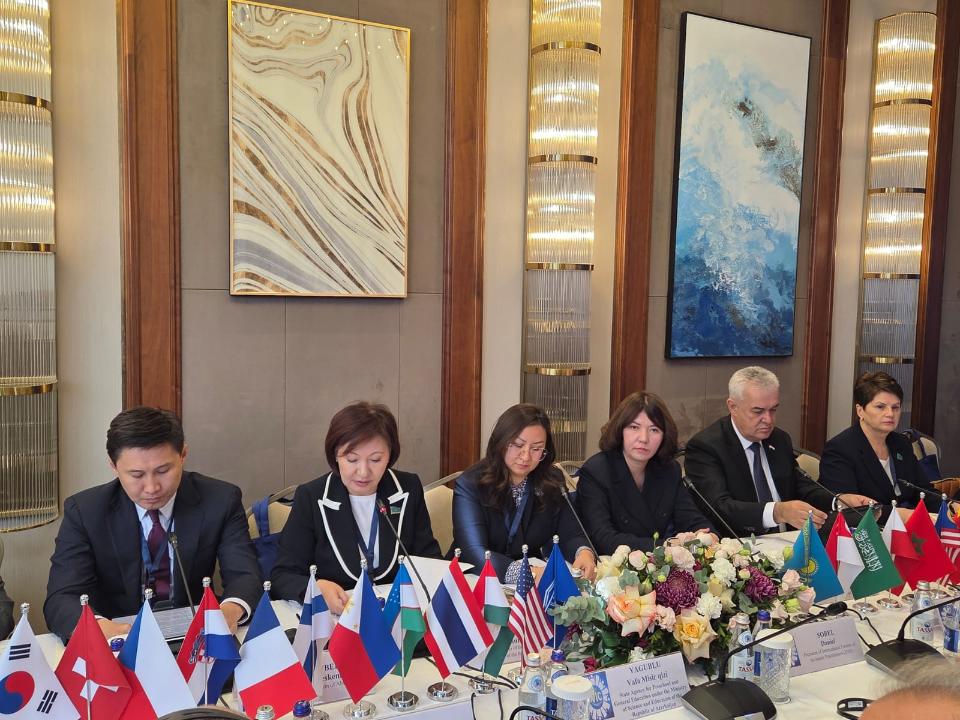
The first World Inclusion Congress (WIC 2025) opened today in Almaty, bringing together leading experts, educators, and policymakers to discuss the future of inclusive education. The event is organized by the Ministry of Education of the Republic of Kazakhstan, the Akimat of Almaty, the HOPE Foundation (Help Others Pursue Education, Kazakhstan), and the International Forums of Inclusion Practitioners (IFIP, United Kingdom).

The Congress has united over 1,200 participants from 40 countries, including representatives of government bodies, the academic community, international organizations, teachers, and experts in inclusive education. Delegates come from Asia, Africa, North America, Australia, and Europe. More than 100 international and local experts will take part as speakers in plenary and panel sessions.
Among the distinguished guests are Daniel Sobel, founder of the International Forums of Inclusion Practitioners (IFIP) and a globally recognized expert in inclusive education; Professor Umesh Sharma, leading scholar and Pro Vice-Chancellor of the University of Nottingham; and Takakura Tezuka, world-renowned architect and author of the acclaimed Fuji Kindergarten project.
The central focus of the Congress is on innovation, digitalization, and the integration of artificial intelligence technologies into education. Particular attention will be given to technological solutions supporting children with special educational needs, improving the quality of learning, sharing international best practices, and strengthening global partnerships.
As part of the event, the Innovation Expo has opened, showcasing cutting-edge digital, educational, and accessibility solutions from domestic and international companies. The exhibition features 17 companies from six countries — Kazakhstan, the United Kingdom, China, the United States, Poland, and Southeast Asian nations — and will run throughout all three days of the Congress, both inside the Grand Hall Hotel and at an outdoor exhibition space.
On the first day, a roundtable discussion titled “Global Trends in Inclusive Education: Challenges and Solutions” will be held. The program also includes 15 thematic panel sessions, covering topics from children’s mental well-being to the assessment of special educational needs. The sessions and exhibitions will continue on October 16–17, during which memorandums of cooperation between research institutions and partners in inclusive education are expected to be signed.
A key focus of the discussions will be the draft Almaty Declaration on the Development of Inclusive Education, the adoption of which will mark an important step toward strengthening international collaboration and shaping common approaches to applying digital technologies and artificial intelligence in inclusion.
The closing ceremony will take place on October 17. The Congress is set to become a significant catalyst for fostering a culture of inclusion, raising public awareness of the importance of equal access to education, promoting cutting-edge technologies and best global practices, and strengthening international cooperation in this vital field.